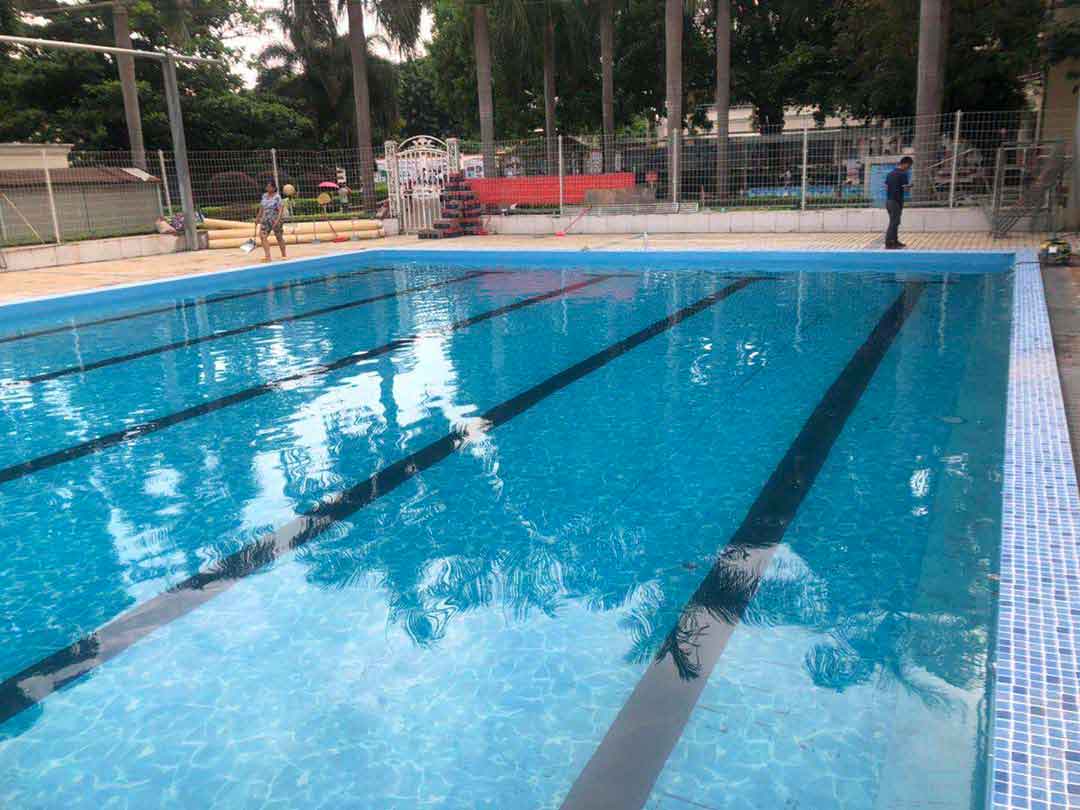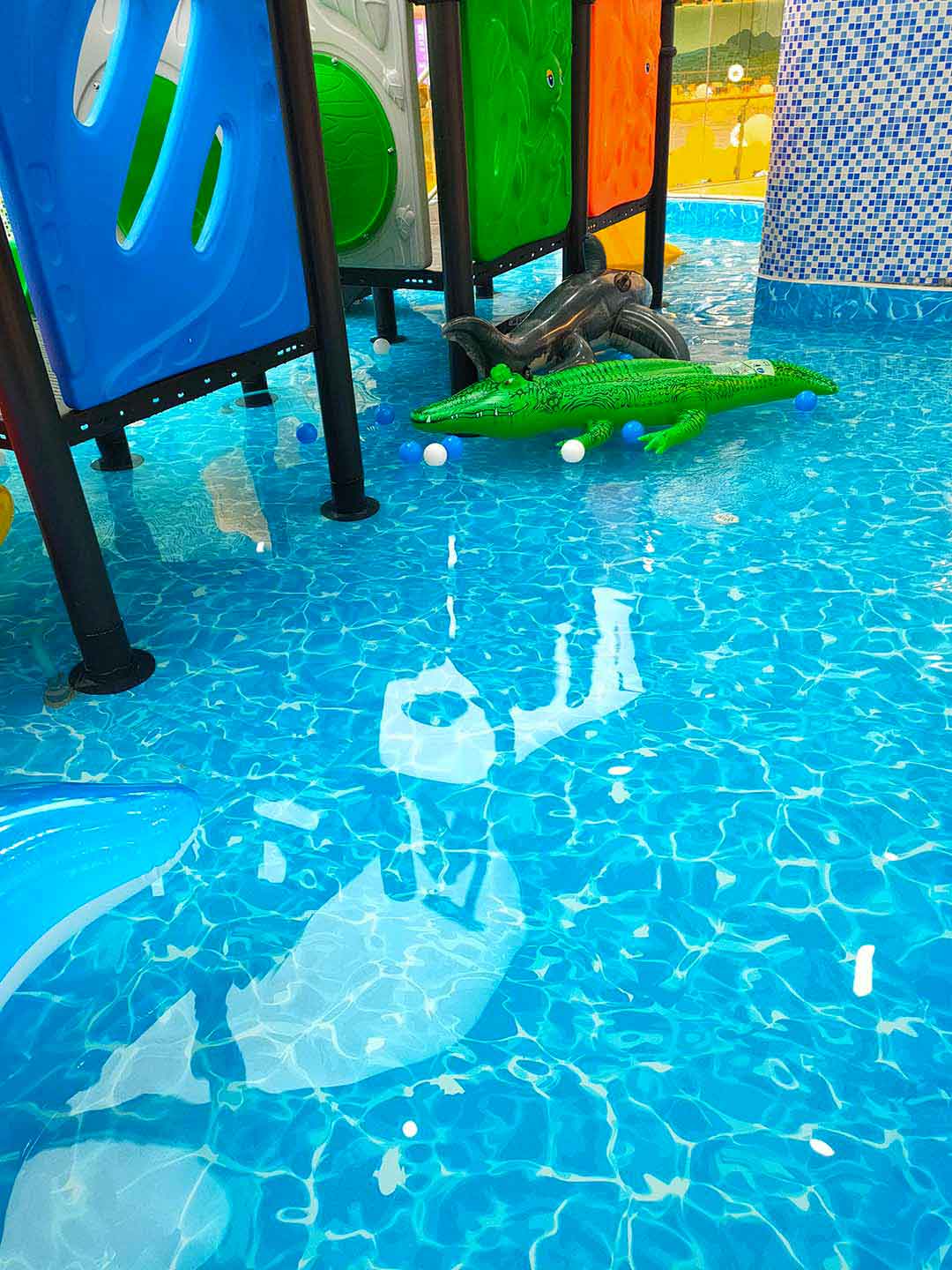When building or renovating a swimming pool, one of the most important decisions is the choice of materials. PVC, or polyvinyl chloride, is a popular choice for swimming pool construction because of its durability, versatility, and cost-effectiveness. But is PVC really the best choice for your pool? Let’s explore the benefits and considerations of using PVC to build a swimming pool.
Durability and Longevity
PVC is known for its durability, making it an ideal material for pool construction. It is resistant to corrosion, rot, and degradation from UV exposure, making it a long-lasting option for outdoor pools. PVC pipes and fittings are also known for their strength and ability to withstand high water pressure, making them a reliable choice for pool plumbing systems.
Versatility and Flexibility
PVC is a versatile material that can be easily molded and shaped to fit the specific design and layout of a pool. It can be used for various components of a pool, including pipes, fittings, liners, and even pool accessories. PVC is available in a range of sizes and configurations, making it adaptable to different pool designs and construction requirements.
Cost-Effectiveness
One of the key advantages of using PVC for pool construction is its cost-effectiveness. PVC materials are generally more affordable than other options such as metal or concrete, making it a budget-friendly choice for pool builders and homeowners. Additionally, the ease of installation and maintenance of PVC components can help reduce overall construction and maintenance costs for the pool.
Considerations and Potential Drawbacks
While PVC offers numerous benefits for pool construction, there are also some considerations and potential drawbacks to keep in mind. One concern is the environmental impact of PVC, as it is a plastic material that can contribute to pollution and waste. Additionally, PVC may not be suitable for high-temperature environments, as it can soften or deform under extreme heat.
Ultimately, the decision to use PVC for pool construction should be based on a careful evaluation of its benefits and drawbacks, as well as consideration of alternative materials and construction methods. Consulting with a professional pool builder or contractor can provide valuable insights and recommendations for choosing the best materials for your pool project.
In conclusion, PVC offers several advantages for pool construction, including durability, versatility, and cost-effectiveness. However, it is important to weigh these benefits against potential drawbacks and consider alternative materials before making a final decision. By carefully evaluating the specific needs and requirements of your pool project, you can determine whether PVC is the best choice for your pool.
Post time: May-28-2024


